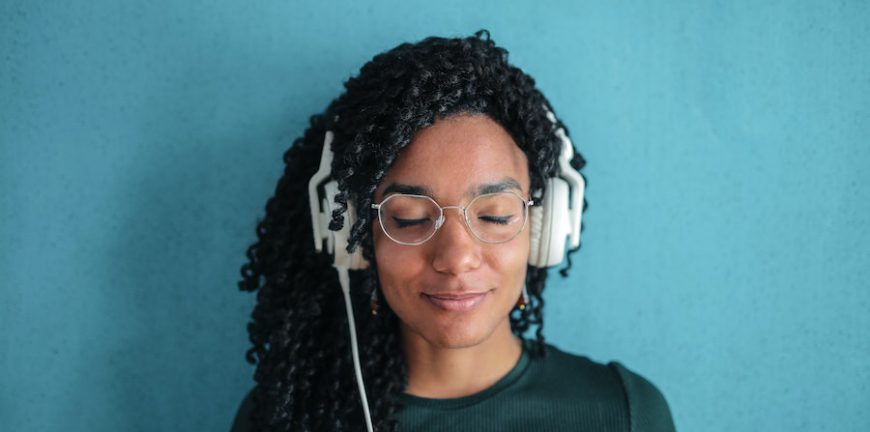
5 BENEFITS OF MUSIC THERAPY
Music is truly the great equaliser of this world. When you’re happy, sad or just feeling especially nostalgic, music is what we turn to, warm like the embrace of an old friend. Music has also been proven to have numerous health benefits for our minds and even our bodies. Music therapy encompasses many things such as writing, listening to and playing music. Music therapists are often trained in cognitive neuroscience, psychology, in addition to music. Here are some of the myriad benefits of music therapy, just in time for World Music Day!
- The Relaxation Response
- Reduces Stress
- A Means Of Expression
- Help With Insomnia
- Enhances and Improves Our Memory
Listening to calming or relaxing music can have positive effects on our mind, especially when we’re recovering from a surgery or any medical procedure. It activates the ‘relaxation response’ in our autonomic nervous system which causes a change in heart rate as well as breathing, having a calming effect.
Music therapy also aids those that suffer from anxiety, depression and even chronic ailments. This is carried out by easing muscle tension and lowering your blood pressure. Music aided with other treatments for pain has proven to be incredibly effective post surgery.
For many individuals who suffer from substance abuse, drug addiction and similar disorders, music is an excellent way to express themselves. It provides a platform, one that is entirely free of judgment and is open to creative expression of all forms. Writing and performing music has helped many patients in the past to boost morale as well.
For many of us who struggle to fall asleep after hours of tossing and turning, music is another tool which we can use to calm our minds. This allows our bodies to enter a ‘pre-sleep’ like state, which makes it comparatively easier to fall asleep at night. Music is less invasive, very affordable and all in all a brilliant way to combat insomnia in the 21st century, some relief for our overworked eyes.
Music has also been proven, in the past to aid us with our memories. Rhythm, harmony and melody association help us to improve our memory of complex sequences and even past memories. This has been immensely helpful for stroke survivors as it greatly improved their verbal and muscle memory, reduced stress and raised attention levels.
